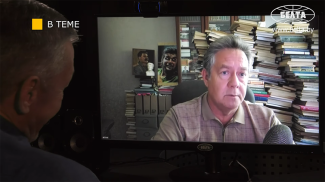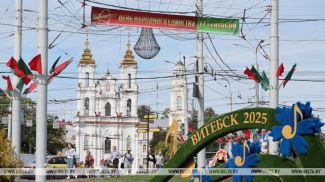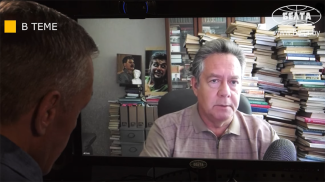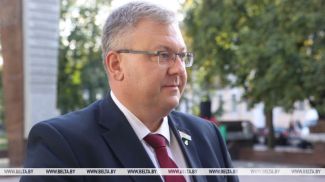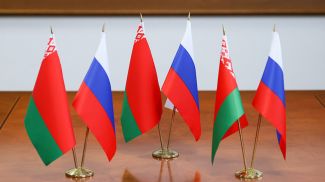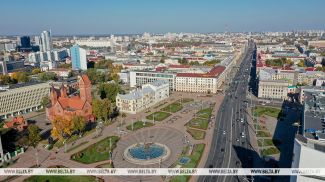MOSCOW, 30 November (BelTA) – A study conducted by the Russian Public Opinion Research Center has revealed that Russians tend to blame the European Union for the migrant crisis at the Belarus-Poland border, BelTA informs.
According to the poll, two-thirds of Russians (66%) heard about the events at the Belarus-Poland border. The pollees described the situation as follows: refugees are trying to get to Europe (14%), refugees are not allowed into Europe (12%), this is a migrant crisis (12%), a mess, havoc, chaos and nightmare (10%). Some 5% of those polled said that they felt sorry for the refugees, calling the situation outrageous. Another 5% pointed out that the refugees are being fired, doused with water cannons and attacked with smoke bombs by Polish security forces.
When asked who was to blame for the situation, the most common answer (36%) was ‘the European Union'.
Answering an open question about how the Belarusian authorities should act towards migrants, 44% found it difficult to answer. 18% of Russians said that migrants should be deported, 17% answered that they need help and humanitarian assistance, 4% of respondents said that there is no need to obstruct them, another 4% suggested negotiating with the European Union and another 4% spoke in favor of closing the border.
Of the three options proposed within the framework of the closed question on how Belarus should deal with migrants at the border with Poland, most of the Russian respondents chose helping them return home (44%), 27% believe that the Belarusian authorities should reach an agreement with the Polish authorities and let the migrants cross the border into the European Union, and 8% suggested Belarus should grant asylum to migrants.
When answering an open question about how Russia should act in the situation with migrants at the Belarusian-Polish border, 32% of Russians said that there is no need to interfere. 10% suggested supporting Belarus, another 10% opted for humanitarian assistance, 7% proposed to help refugees return home and another 7% believe that this situation does not concern Russia. A third of respondents (31%) found it difficult to answer.
The phone survey was conducted on 18 November by means of two-stage stratified random sampling of landline and cell phone numbers. The survey involved 1,600 Russians aged 18 and older.




